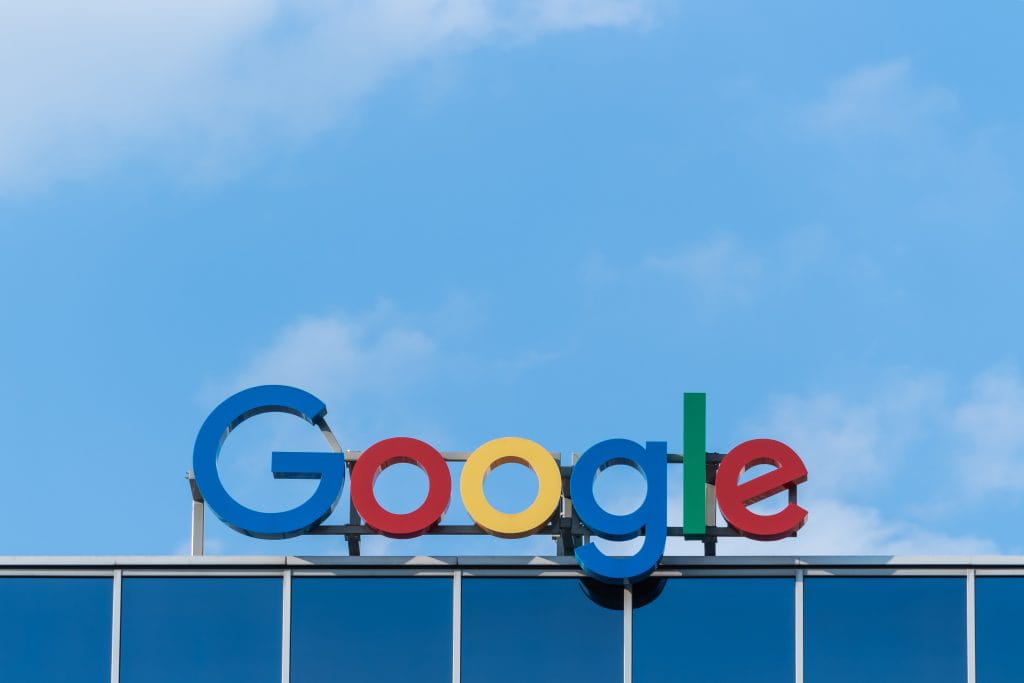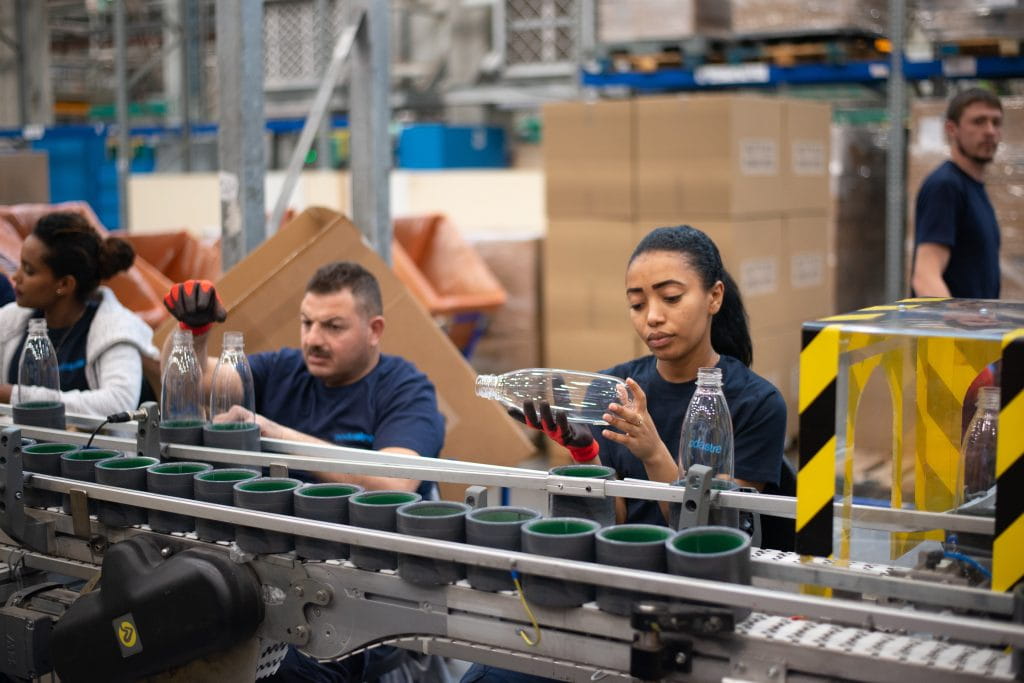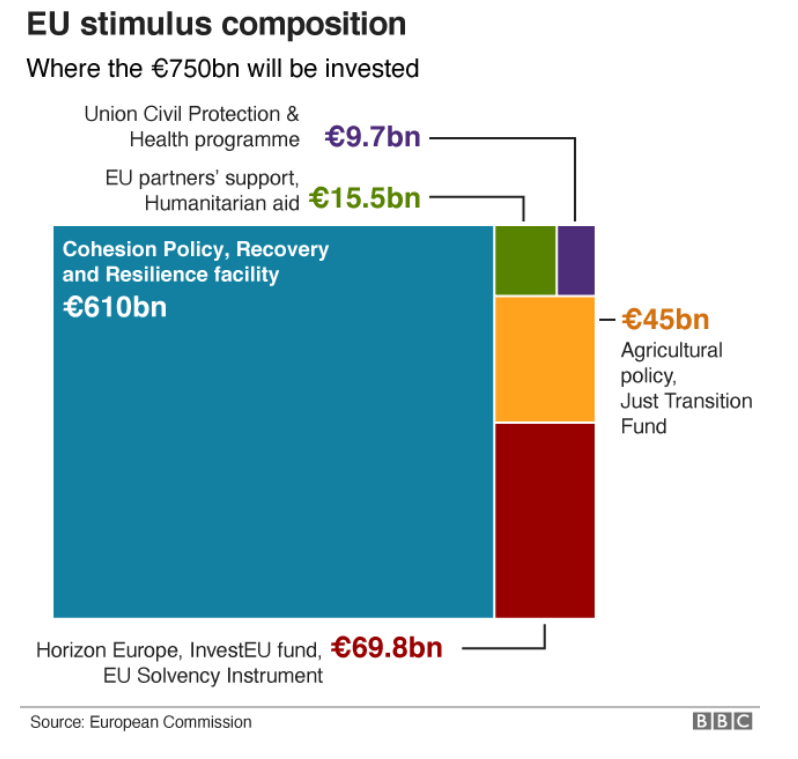#1. Each new robot in manufacturing replaces 3.3 jobs
The Massachusetts Institute of Technology (MIT) has published new research titled Unpacking Skill Bias: Automation and New Tasks. Based on a series of studies, it argues that modern technology has affected different workers in different ways. While automation, AI, or robots have benefited many white-collar workers such as designers and engineers, many blue-collar workers have been impacted negatively and their jobs have been replaced. This was not always the case, however. Before the 1980s a lot of the new job opportunities that technology brought benefited low-skill workers but as Professor Daron Acemoglu argues “from the 1980s, and especially in the 1990s and 2000s, there’s a double whammy for low-skill workers: They’re hurt by displacement, and the new tasks that are coming, are coming slower and benefiting high-skill workers”. The research concludes that:
- Across the U.S. from 1993 to 2007, each new robot replaced 3.3 jobs;
- Manufacturing companies that are quick to automate can thrive but the overall employment drops;
- Where automation occurs, lower-skill workers are not just failing to make gains; they are actively pushed backward financially.

#2. JPMorgan CEO says US unemployment could drop to 10% by the end of the year

#3. Google outlines plan to get some employees back to the office

#4. As remote work becomes more prevalent, ILO warns not everyone can take advantage of it

#5. The EU Commission proposes recovery package of €750 billion




